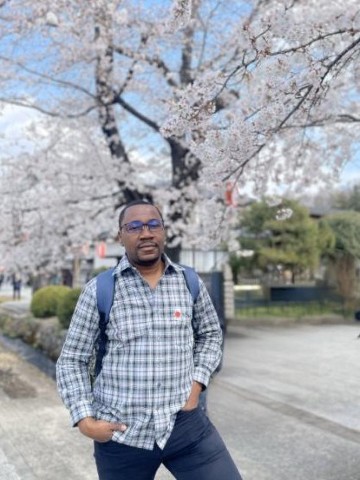Majune Ignace Nsengiyumva
Apr 18, 2025
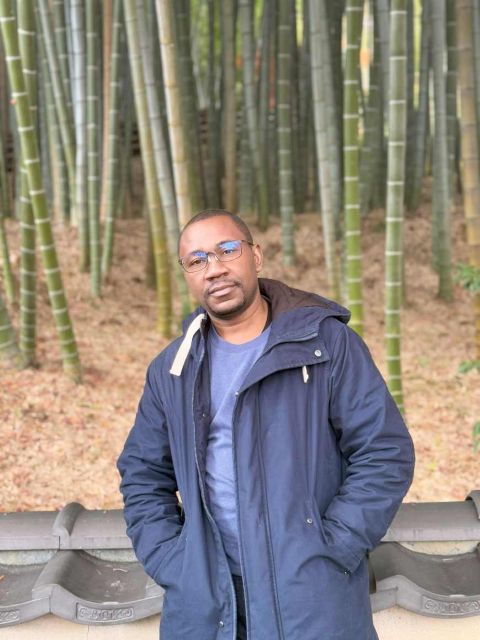
Navigating Academia and Practice: My Commitment to Sustainability
Name: Majune Ignace Nsengiyumva (joined Tokyo University of Foreign Studies in 2023)
Nationality: Democratic Republic of the Congo (DRC)
Research Interest: Public Administration and Bureaucratic Patronage
From Civil Servant to Ph.D. Student
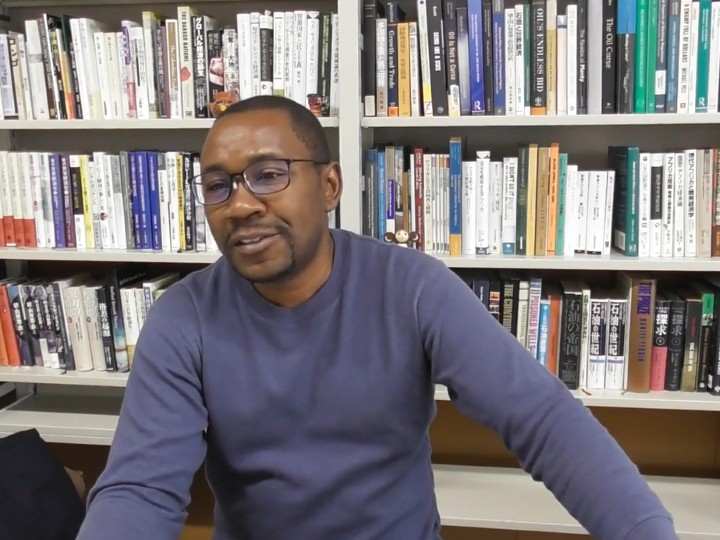
I’ve always loved the process of learning and research, and although I completed my master’s degree back in 2012, I knew I would eventually pursue a Ph.D. Before taking that leap, however, I spent several years working in the legal field to see how theories translate into real-world practice. When I discovered the Joint Doctoral Program for Sustainability Research (JDPSR), I was immediately drawn to its interdisciplinary curriculum and the opportunity to learn under three different universities and supervisors. This diverse setting not only enriches my research but also offers an incredible support system of professors and fellow students, whose varied expertise keeps me motivated and helps me see my work from fresh perspectives.
Research Focus: Bureaucratic Patronage
Originally, I intended to focus on security challenges and the role of the UN in promoting peace in the DRC. However, after several discussions with my advisors, I shifted toward investigating bureaucratic patronage within public administration. In many developing countries, there is a tendency to focus on political patronage, but my research zeroes in on the patronage networks among civil servants themselves—how they use their positions to secure jobs for family or friends, often bypassing merit-based systems. By comparing the Mobutu era (1965–1997) and the post-2006 democratic period, I seek to uncover how these patronage networks have evolved and what drives them. Ultimately, I believe that strengthening public institutions is critical for sustainable development, linking directly to SDG 16 (Peace, Justice, and Strong Institutions).
Embracing JDPSR’s Interdisciplinary Approach
JDPSR’s coursework and workshops have been both enriching and challenging. My classmates come from engineering, social sciences, natural sciences, and more. While it can feel overwhelming, this diversity pushes me to explore research methods I might not have considered otherwise—like integrating quantitative metrics into my predominantly qualitative approach. Regular seminars and conferences allow me to exchange ideas with peers, refine my research questions, and see how the concept of sustainability weaves through fields as varied as conflict studies, public health, and renewable energy.
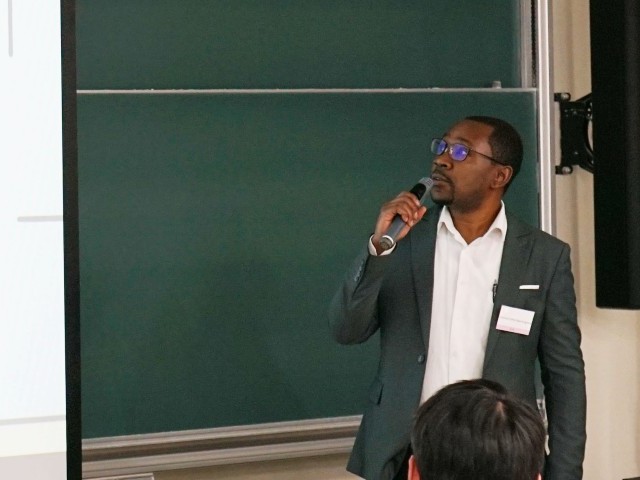
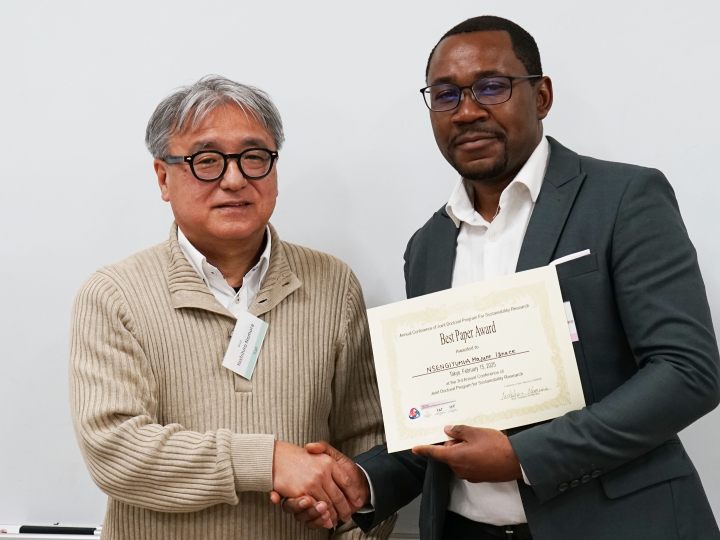
At the JDPSR conference for the academic year 2024-25, he won the Best Paper Award,
achieving the highest scores in this category.
Life in Japan
Living in Japan has been transformative. The discipline and efficiency of daily life—from public transportation to preservation of cultural traditions—never cease to impress me. Coming from the DRC, where the impact of European colonization deeply disrupted and marginalized ancestral heritages, I particularly admire how Japan, having never undergone colonization in the same way, has continuously safeguarded and nurtured its cultural identity. While adapting to Japan’s more reserved social norms can be challenging—particularly given the very real language barrier—I’ve found the university and my sponsor, the Japan International Cooperation Agency (JICA), to be highly supportive. They offer both academic guidance and opportunities to immerse myself in local culture through community visits, hiking, and family stays.
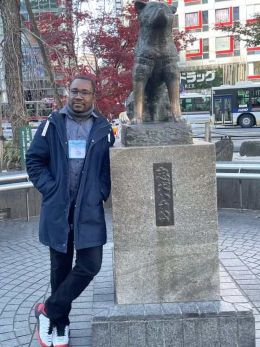
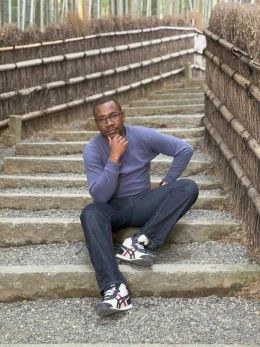
He explores Japanese culture through JICA programs, visiting places like Shibuya and Kyoto.
Advice for Future Students and Goals Ahead
My biggest advice to prospective JDPSR students is to remain open-minded. Be prepared to read extensively, meet regularly with your supervisors, and engage wholeheartedly with the interdisciplinary setup. Balancing your studies with personal well-being is equally important—take breaks, form friendships, and enjoy the incredible cultural experiences Japan has to offer.
After completing my Ph.D., I plan to return to my civil service role and possibly teach at a local university. I want to help strengthen public institutions in the DRC by applying the insights I’ve gained here. Whether I continue in academia, government, or both, I’m convinced that this program’s holistic approach to sustainability will guide my future endeavors—and contribute to more equitable development across my country.
